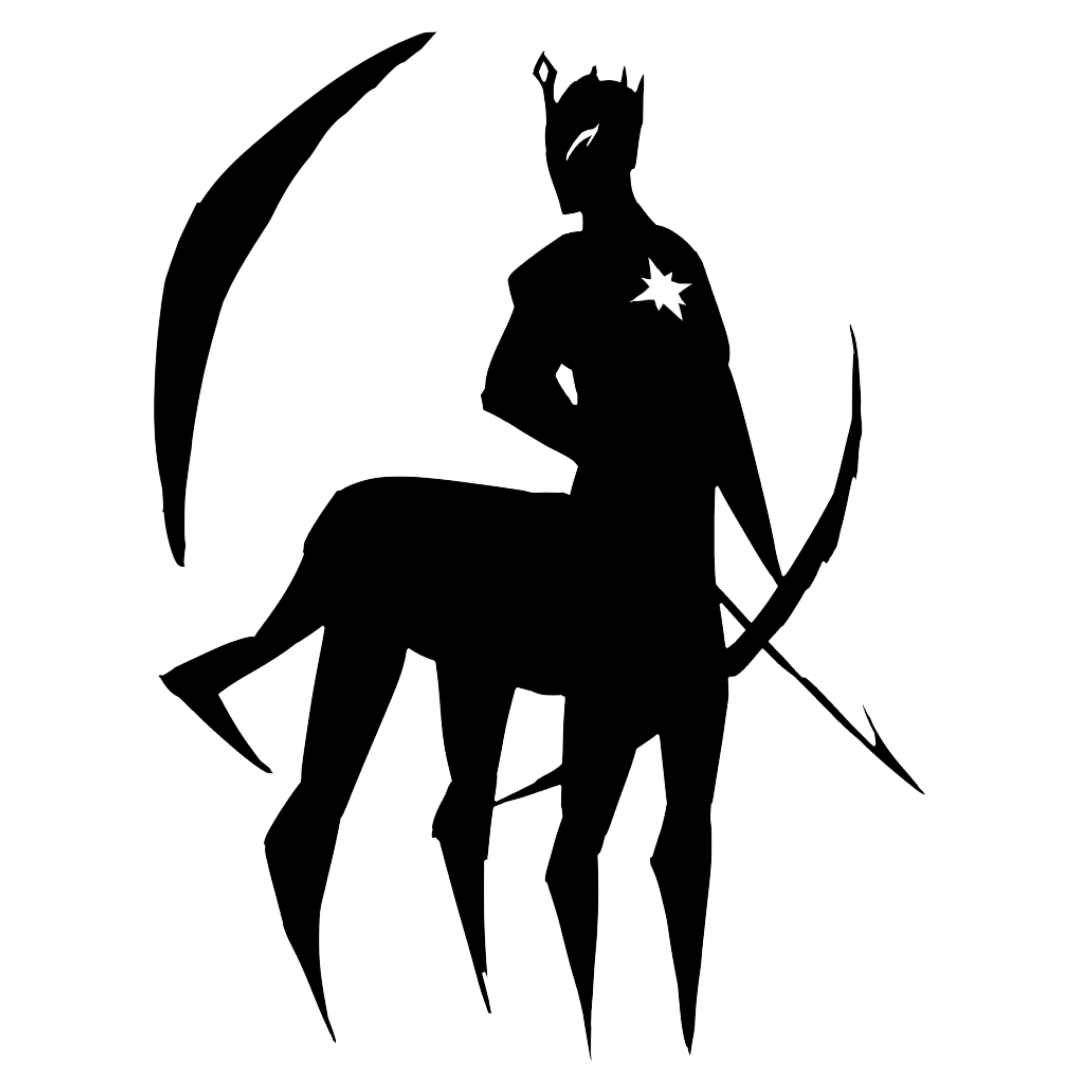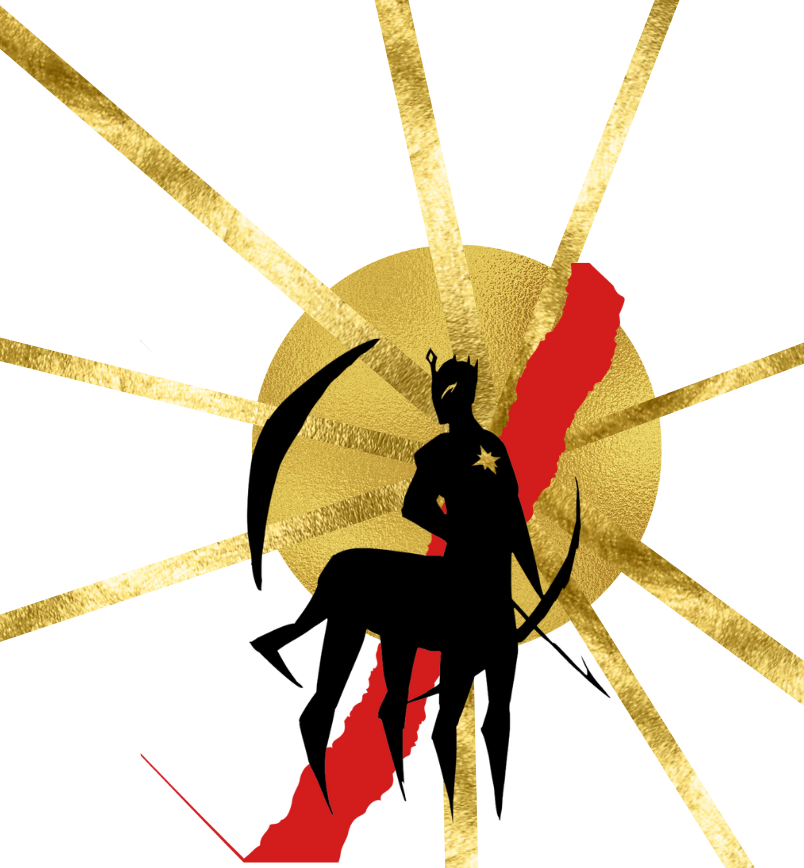Who we are • What we do • Who is it for
Revue {R}évolution is a scholarly review of poetry, art, philosophy, and mythology. We publish 1 to 2 bilingual issues annually, emphasizing scholarly approaches in literature & art. Revue {R}évolution is now available in digital and print.
POETRY & MYTH
Our aim is to rejuvenate poetry as an art form, a craft, acknowledging its roots from the mytho-religious beginnings in the East––initiated by the Epic of Gilgamesh around 2900 BC, the Vedic era, and extending until the latest monotheistic mythologies in the 7th century CE. Our inspiration spans from these ancient origins of poetry and myth in the East to the Romantic 19th century (with rare exceptions in the 20th century).
We acknowledge myth as the primal language and symbolic discourse, considering it the ancestor of philosophy, poetry, and art.
THE VISUAL ARTS
Revue {R}évolution champions contemporary artists from the West to the East to Africa dedicated to embodying classical, that is, timeless beauty and philosophy in their works. We hold in high regard art movements and practices that have evolved into masterpieces of classical art, spanning from the European Renaissance period up until the 19th century. We appreciate all art forms expressing transcendence and devotion.
PHILOSOPHY
- General scope
Revue {R}évolution is centered on the fundamental principle of non-duality. The best way to understand how non-duality is tied to Culture, what non-duality implies for poets, artists, and philosophers, how it elevates thought, and enriches poetry and art practices is to read Revue {R}évolution regularly.
As poets, thinkers, and artists, we assert that the purpose of poetry, philosophy, and art is to articulate, reveal, and actualize genius in its most divine, that is, reasonable, complete, and noble sense. Anything falling short of this ideal represents a terrible regression for Culture.
- Episteme
Revue {R}évolution aims, from an academic and philosophical standpoint, to foster a harmonious dialogue between philosophies and theologies from the East and West. This dialogue is meant to bridge Western philosophy (specifically hermeneutics, phenomenology, metaphysics, and epistemology) and Judeo-Christian theology with the six orthodox schools of Hindu philosophy, and specifically, Advaita Vedanta.
Such a desire for reunification is neither about identity politics, nor any form of nationalism or "Orientalism"—a crude misinterpretation of the creative impulse by theorists who, lacking practical artistic experience, do not understand what drives an artist or a poet to create an œuvre. Instead, our stance reflects common sense, a commitment to genuine scholarship, and the bridging of Knowledge gaps to create a comprehensive understanding of existence and the Self. We adhere to the definition of intelligence provided by Terence, the African Roman poet from the 2nd century: "Homo sum, humani nihil a me alienum puto" — I am human, and nothing human is alien to me.
Because philosophy is perceived as intimidating, we suggest reading our foundational philosophical piece on non-duality. We are committed to making complex concepts clearer and more accessible to poets and artists through efforts in clarification and simplification.
Furthermore, as the study of philosophy in the West centers around Western analytical and continental traditions, limiting exposure to Eastern perspectives, we strongly encourage academic philosophers to read this piece.
- Spiritual implications
We hold "Divine" and "Reason" to be synonymous, one leading to the other, in whichever sense is more comfortable for our conscious experiences at various moments in our lives. All peoples are capable of Reason, therefore the Divine permeates all, whether in the East, Africa, or the West. Just as no one can assert a monopoly over oxygen, likewise, no one can monopolize Reason or the Divine.
As a scholarly initiative championing Beauty and Wisdom in the fine arts, we assert that Reason and the Divine should be actively pursued, prioritized, and treasured by poets and artists, especially in times of obscurantism such as these.
AUDIENCE
As expounded in our Engagement to the Community of Poets and Artists Worldwide, Revue {R}évolution is designed for poets, artists, philosophers, and scholars seeking (or actively involved) in intellectual growth and contemplation, namely:
- Poets and artists willing to nurture their intellectual growth and capacity for contemplation, and infuse these dimensions into their work to contribute to the elevation of literature and the fine arts.
- Philosophers who contemplate the practical aspects, evolution, and usefulness of philosophy, religion, art, and mythology, to elevate education.
- Storytellers, the layman, independents, or academic scholars involved in
finding answers to these enduring questions, rooted in spirituality, and lucidly posed by Kant:
What can I know? What can I do? What may I hope?



